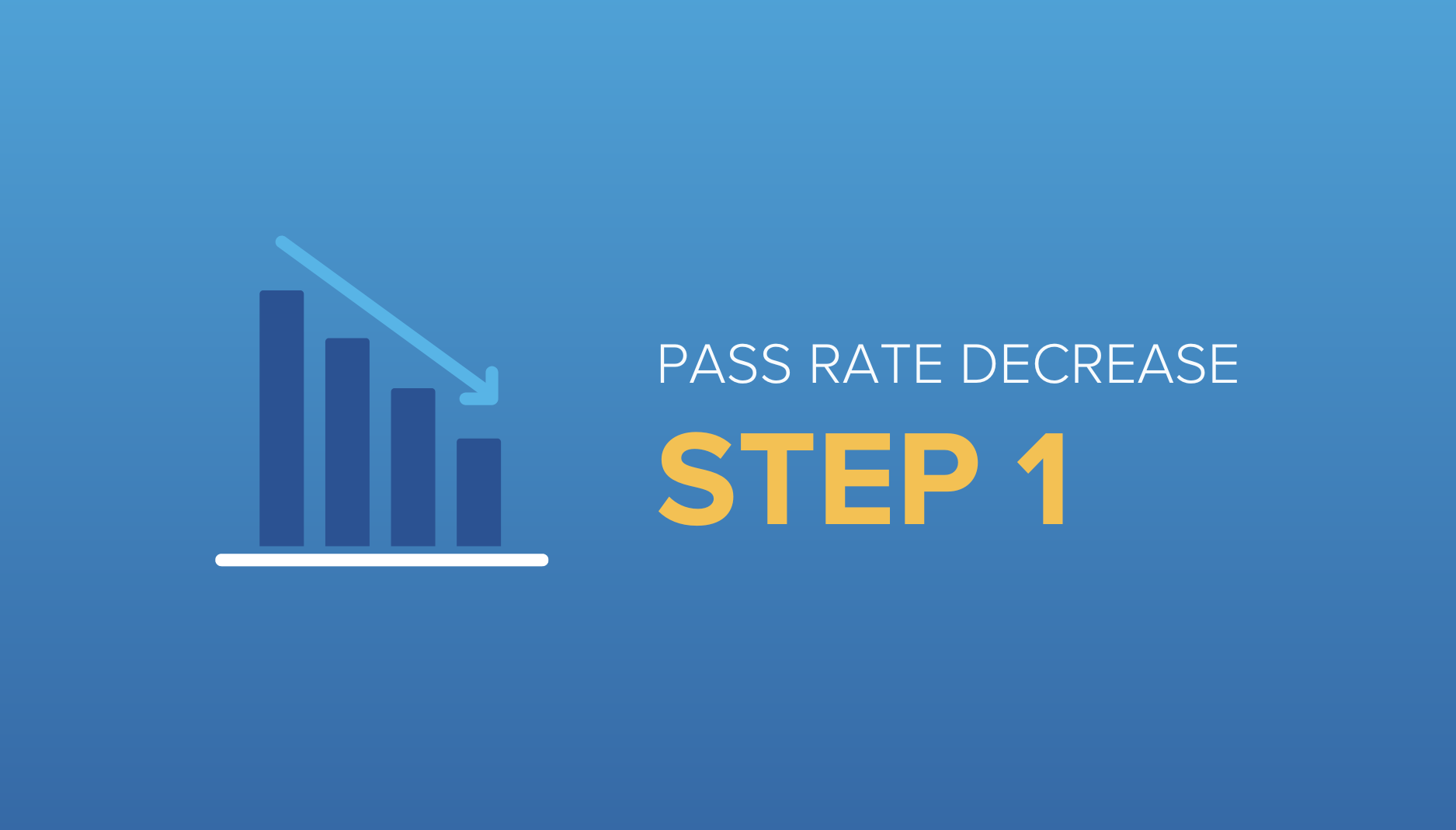As a medical student, you need to retain and recall vast amounts of information in order to succeed—so, naturally, you’re always on the lookout for study strategies that can make your life easier. One such strategy is active recall studying. In this post, we’ll explore what active recall studying is, how it can help, and how to use this study strategy to prepare for medical school exams.
What is Active Recall Studying?
Active recall studying is a strategy that involves retrieving information from memory, rather than simply reviewing notes or textbooks. This approach requires actively engaging with the material by recalling information, testing your knowledge, and identifying areas you need to review. The goal of active recall studying is to challenge yourself, so you can move beyond passive review and into active engagement with the topics you’re learning.
Now that we have discussed active recall in general terms, let’s get a bit more specific about how it can help prepare you for tests.
How Active Recall Can Help You in Med School
1. Improve Long-term Retention
Active recall studying requires you to engage with the material in a way that reinforces long-term retention. By retrieving information from memory, you create stronger neural pathways, which makes it easier to recall that information in the future. So put the effort in now, and get a bigger payoff later!
2. Enhance Critical Thinking
Active recall improves critical thinking and problem-solving. The more deeply information is encoded in memory, the easier it is to apply that information in complex situations you may not have encountered before. These could be exams or genuine medical emergencies. In either case, the more deeply embedded the material is, the better you will perform.
3. Identify Topics That Need Review
By trying to actively recall information (rather than simply review it), you may discover gaps in your knowledge or areas where you need to focus more attention. Memory retrieval failures can help you identify the material you are having trouble with. Let them guide your study efforts.
4. Build Confidence
By testing your knowledge and recalling information from memory, you can feel more confident about how you’ll do on the exam. After all, if you can recall it on your own beforehand, it’s less likely you’ll have trouble doing so during the test.
5 Ways to Incorporate Active Recall Into Your Study Routine
Now that you understand the benefits of active recall studying, how can you incorporate this strategy into your study routine?
1. Use Practice Questions.
Practice questions are an excellent way to incorporate active recall studying into your routine. Instead of simply reviewing notes or textbooks, practice answering questions from memory. You can take this to the next level by coming to an answer without looking at the answer choices. Whenever you do a practice question, especially one you have seen before, start by reading the question and going through the stem. Come up with an answer to the question and look to see if that answer is one of the options. This will help you to engage with the material more actively and identify areas you need to review.
Thousands of medical students use Blueprint’s Med School Study Planner to save hours of planning time, see exactly what to do each day, and ace their med school exams. Get unlimited FREE access today!
2. Space Out Your Studying.
Instead of cramming for hours the night before the exam, space out your studying over several weeks or months. Learning all that medical school has to offer can be like “drinking from a firehose”—take a different approach and imagine throwing mud on a wall again and again until it’s covered. The regular use of the knowledge you are building will strengthen long-term retention. Allowing time between your study sessions will give you more opportunity to engage in active recall, and better retain the information you have acquired.
3. Create Flashcards.
Create flashcards with questions on one side and answers on the other. Test yourself by recalling the answers from memory, rather than simply flipping the card over to check. Downloading an Anki deck can be especially useful, because the program incorporates spacing out your studying based on how well you know a topic, and it can ask you about the same topic in multiple different formats.
4. Engage in Group Study Sessions.
Work with your peers to quiz each other, test your knowledge, practice explaining difficult concepts, and engage in critical thinking. Having fun with others can keep you engaged for longer periods of time than when you are studying by yourself.
5. Take Breaks.
Active recall studying can be mentally taxing, so it’s important to take breaks to recharge your brain. Go for a walk, exercise, or do something else that relaxes you and allows you to recharge before returning to your studies. Keeping up with hobbies can make the long hours you spend studying not seem as bad by having something to look forward to each day.
Further Reading
Active recall studying is a powerful learning strategy that can help you prepare for medical licensing exams. By actively engaging with the material, testing your knowledge, and identifying areas for further review, you can make the most of your study time and improve your score and information retention. Follow these tips and go crush it!
If you are interested in further reading on this topic please check out these references:
- Roediger, H. L., & Butler, A. C. (2011). The critical role of retrieval practice in long-term retention. Trends in cognitive sciences, 15(1), 20-27.
- Karpicke, J. D. (2012). Retrieval-based learning: Active retrieval promotes meaningful learning. Current directions in psychological science, 21(3), 157-163.
- Bjork, E. L., & Bjork, R. A. (2014). Making things hard on yourself, but in a good way: Creating desirable difficulties to enhance learning. Psychology and the real world: Essays illustrating fundamental contributions to society, 56-64.






